Unit F – Pied Piper
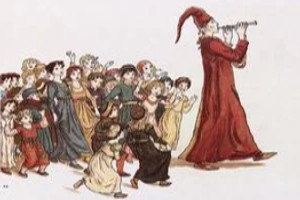
This English teaching pack for Key Stage Two gets the children to investigate the language style and structure of a narrative poem to retell using prose and other poetry styles, practise adding prefixes to roots using hyphens and use modal verbs to change poetry lines based on The Pied Piper of Hamelin, Robert Browning.
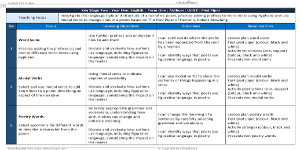
Investigate the language style and structure of a narrative poem to retell the story using prose and other poetry styles
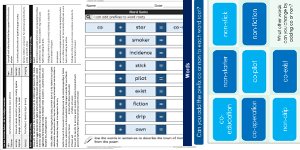
Lesson One : Word Sums
Practise adding the prefixes co and non using hyphens to change the spelling and meaning of some different word roots to use when describing events in a narrative poem
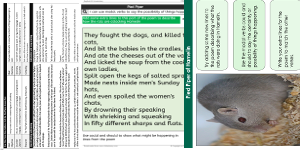
Lesson Two : Modal Verbs
Practise selecting and using modal verbs to add extra lines to a poem expressing the possibility or certainty of things happening in the narrative sequence of events
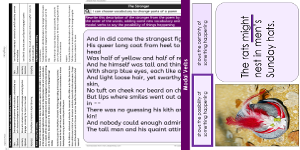
Lesson Three : Poetry Words
Identify and select some powerful synonyms for different vocabulary words that can be used to describe a character from a narrative poem
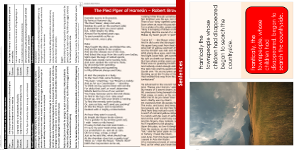
Lesson Four : Poetry Prose
Explain and model how to convert a verse from a narrative poem into written prose that could feature in a fictional story about what happened in the sequence of events
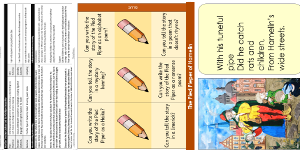
Lesson Five : Poetry Changes
Explore and record how to compose and perform a new version of the poem of the Pied Piper of Hamelin using another style of poetry structure
-

Length Calculations
Practise using number calculations skills for addition, subtraction, division and multiplication when solving problems related to length measurements
-

Maths Calculations Assessment
Assess abilities in solving a range of different number problems for addition and subtraction when working with informal and formal written calculations
-

Determinant Lists
Explain and model how to make lists of objects used and found in different locations to match the correct determinants of a and an
-
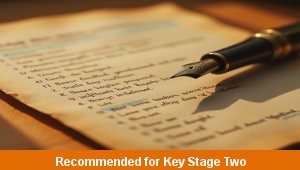
English SPAG Assessment
Assess abilities in composing sentences for fiction and non-fiction using the correct spellings, punctuation marks and grammar vocabulary phrases
